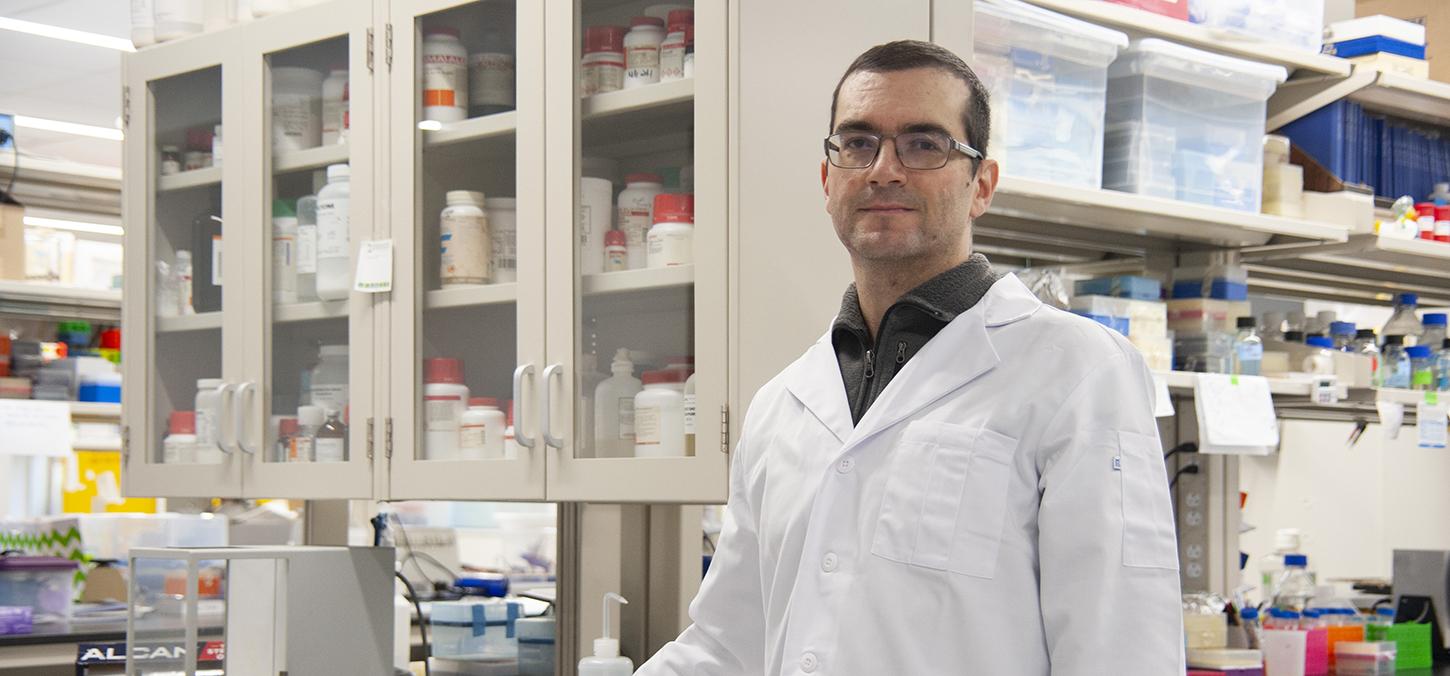
What's it like working in a hospital environment during the pandemic? A conversation with professor Michael Glogauer
Michael Glogauer is a professor at the Faculty of Dentistry, a prolific clinical researcher as well as head of dental oncology at UHN's Princess Margaret Cancer Centre. Since the province of Ontario declared its state of emergency, Dr. Glogauer has received special permission to continue treating his special cohort -- cancer patents at one of the most renowned cancer care institutes in the world.
What kind of screenings and safety protocols are in place at the building?
There is a screening at the entrance, where people are checked for the typical symptoms of COVID-19: headache, cough, fever. You’re also required to show your proof of position at the hospital.
What is your patient cohort and load?
We see cancer patients, cardiac patients and those in intensive care — between 10 and 20 per day. If they are not seen there can be a range of consequences, from poor treatment outcomes to pain or, in some cases, morbidity. It feels great to be able to help in this very uncertain and stressful period.
There will most certainly be further surges as things are opened up. That means dentistry will need to institute more stringent requirements on how we treat dental patients
What is the level of PPE like right now – and does that deviate from the norm?
All aerosol-generating procedures require full PPE, including an N-95 mask and HEPA filtration units, and the operatory has a door to help clear air.
Are you worried that you or your family will fall ill with COVID-19?
I walk eight kilometres to work each way, to help minimize the risk associated with taking public transit. This turns out to be a a great destressor, as well.
The wellbeing of my family is really my only concern. Some of my family is, naturally, staying away from us. Having nine children, two sons in law and a grand daughter — where we all live within two minutes of each other — means we normally are all together. This is not the case now, for obvious reasons, and is the biggest challenge emotionally.
What is your hope in the short term, and in the longer term?
I am hopeful that we can get things back to the new post-COVID normal as soon as possible. Thankfully most of the early modelling has not proven to be accurate so the initial surge has not been as severe as anticipated.
There will most certainly be further surges as things are opened up. That means dentistry will need to institute more stringent requirements on how we treat dental patients, to make sure we do not contribute to future surges as we move forward.